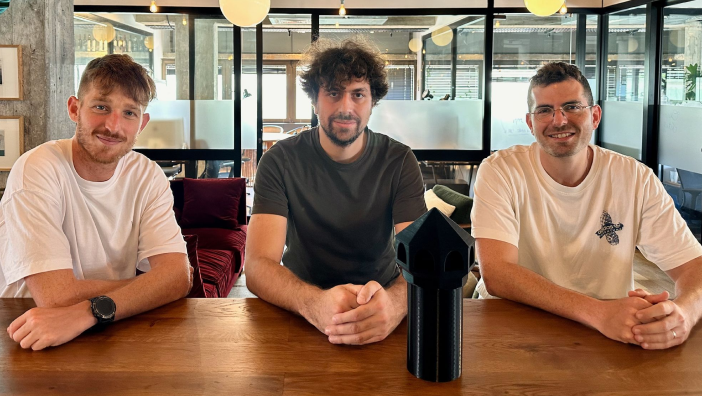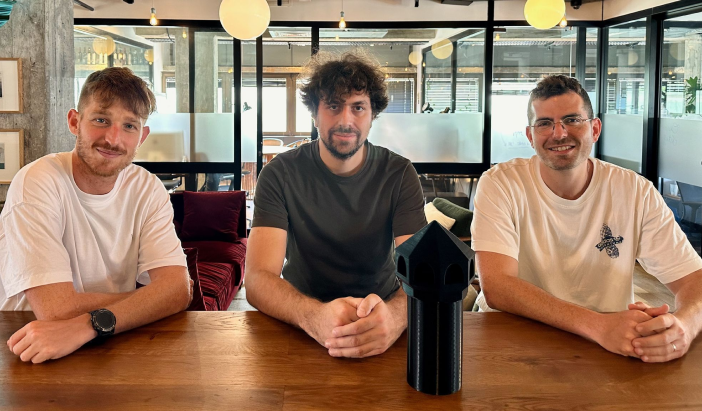
Elastic acquires Israeli startup Keep to cut through tech alert chaos with AI
After a scrappy pivot and open-source breakthrough, Keep will bring alert intelligence and workflow automation to the Elastic stack.
In a move that underscores the growing importance of artificial intelligence in enterprise infrastructure, Elastic, the publicly traded search and observability giant, has acquired Keep, a small but ambitious Israeli startup developing an open-source AIOps platform aimed at revolutionizing how modern tech teams manage alerts and incident response.
Full list of Israeli startup M&As in 2025
The deal, quietly announced in a company blog post and on social media by Keep’s founders, is notable not for its size—the purchase price has not been disclosed—but for what it reveals about the next battleground in cloud-native operations: how to cut through the noise of digital systems before they break.
Founded in 2023 by Tal Borenstein, Shahar Glazner, and Matvey Kukuy, Keep is a story of technical grit and creative pivoting. Originally accepted to Y Combinator with a very different idea—a “bring your own cloud” tool—the team quickly realized their product wasn’t resonating. They pivoted hard over a single weekend, building what co-founder Glazner later called a “stupid-simple” tool to help engineers make sense of alert storms.
That prototype—built without a user interface and with just a handful of integrations—was posted to Hacker News under the name Keep. It drew hundreds of GitHub stars almost immediately. “We felt alive,” Glazner wrote in a candid LinkedIn post on Wednesday, reflecting on the company’s early days. But the journey that followed was anything but easy.
After failing to raise follow-on funding on demo day and returning to Tel Aviv, the team spent months refining their pitch and product before landing their first paying customer nearly a year later. Eventually, they raised $2.5 million in pre-Seed funding and began gaining traction among SREs and DevOps teams overwhelmed by noisy and disjointed alerts.
Keep’s core value proposition is deceptively simple: unify alerts from disparate monitoring systems, prioritize them using AI, and reduce the mental load on engineers. But under the hood, its system does much more. It correlates events, detects anomalies, diagnoses root causes, and can even automate remediation workflows via code or no-code interfaces.
Elastic, the company behind Elasticsearch, Kibana, and a suite of observability tools used by Fortune 500 companies, saw in Keep a natural extension of its strategy. In his announcement, Elastic Chief Product Officer Ken Exner highlighted the alignment of values between the two companies—especially their shared commitment to open source.
The plan is to integrate Keep into Elastic’s observability and security offerings, leveraging its AI-based incident management capabilities to augment what Elasticsearch already does well: indexing, searching, and analyzing massive volumes of machine data.
Related articles:
“Keep’s context—alerts, incidents, service topologies, change events, playbooks—will benefit from the speed and scale of Elasticsearch,” Exner wrote. In turn, Elastic’s users will gain native access to a modern AIOps layer that’s already designed with openness and automation in mind.
Keep’s founders—veterans of elite Israeli intelligence unit 8200 and former leaders at Grafana Labs and anecdotes—said the decision to join Elastic felt intuitive. “We knew in the first second that we were going for it,” Glazner wrote.
Glazner and Borenstein, and the small Keep team, will join Elastic’s R&D center in Israel, established in 2021 following the acquisition of build.security.
